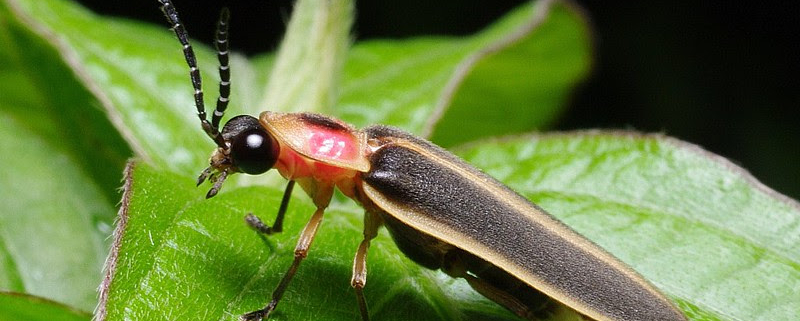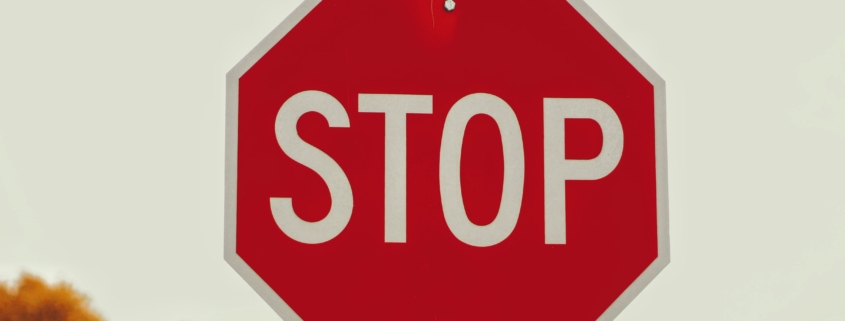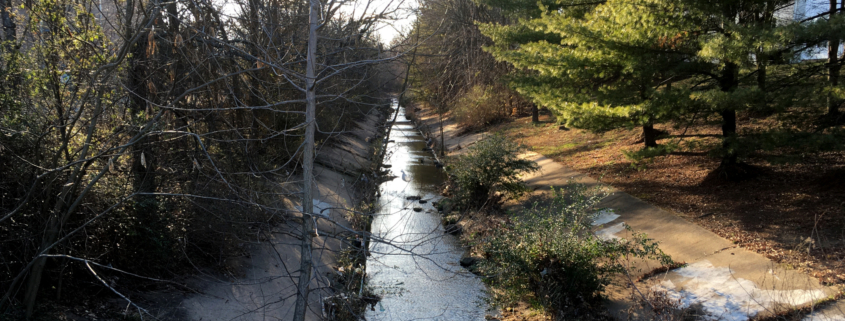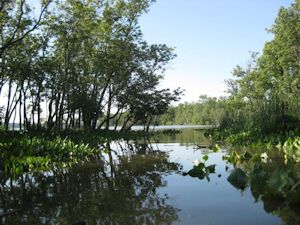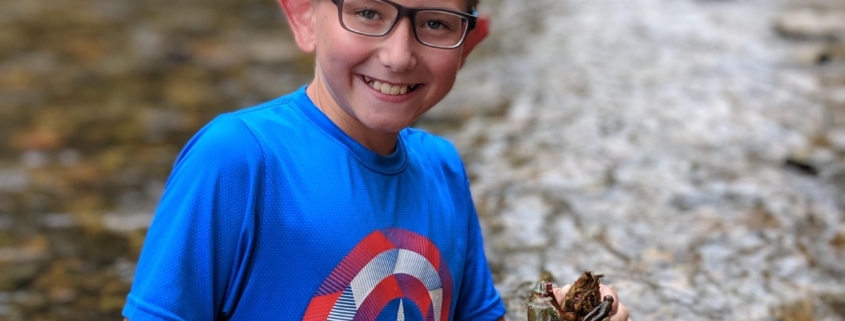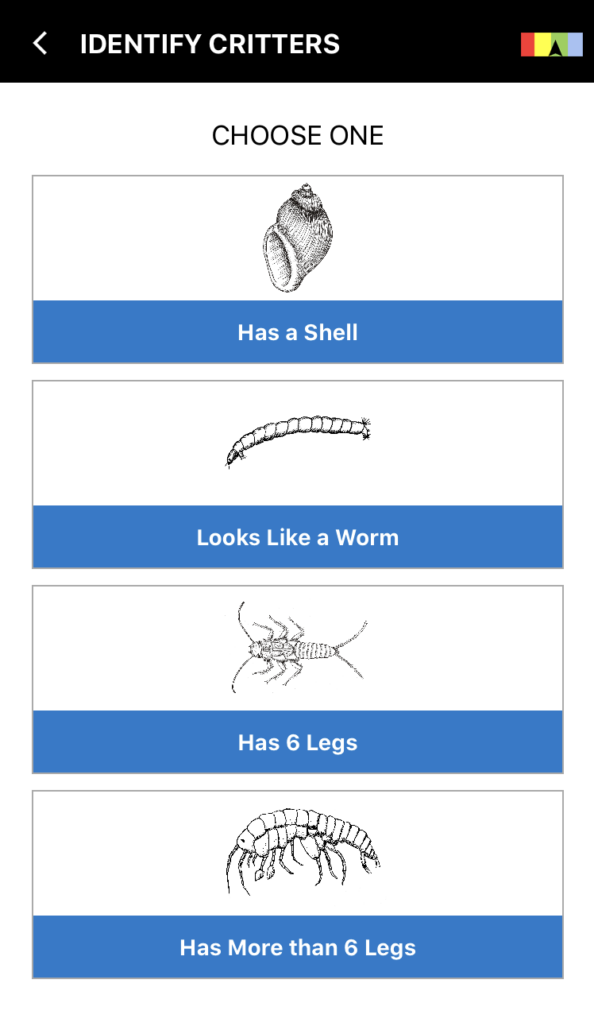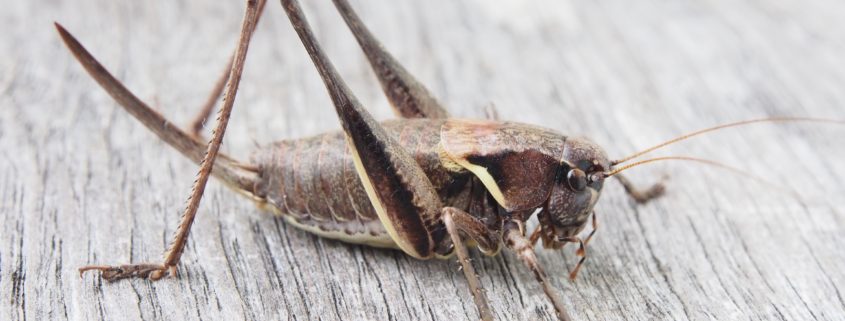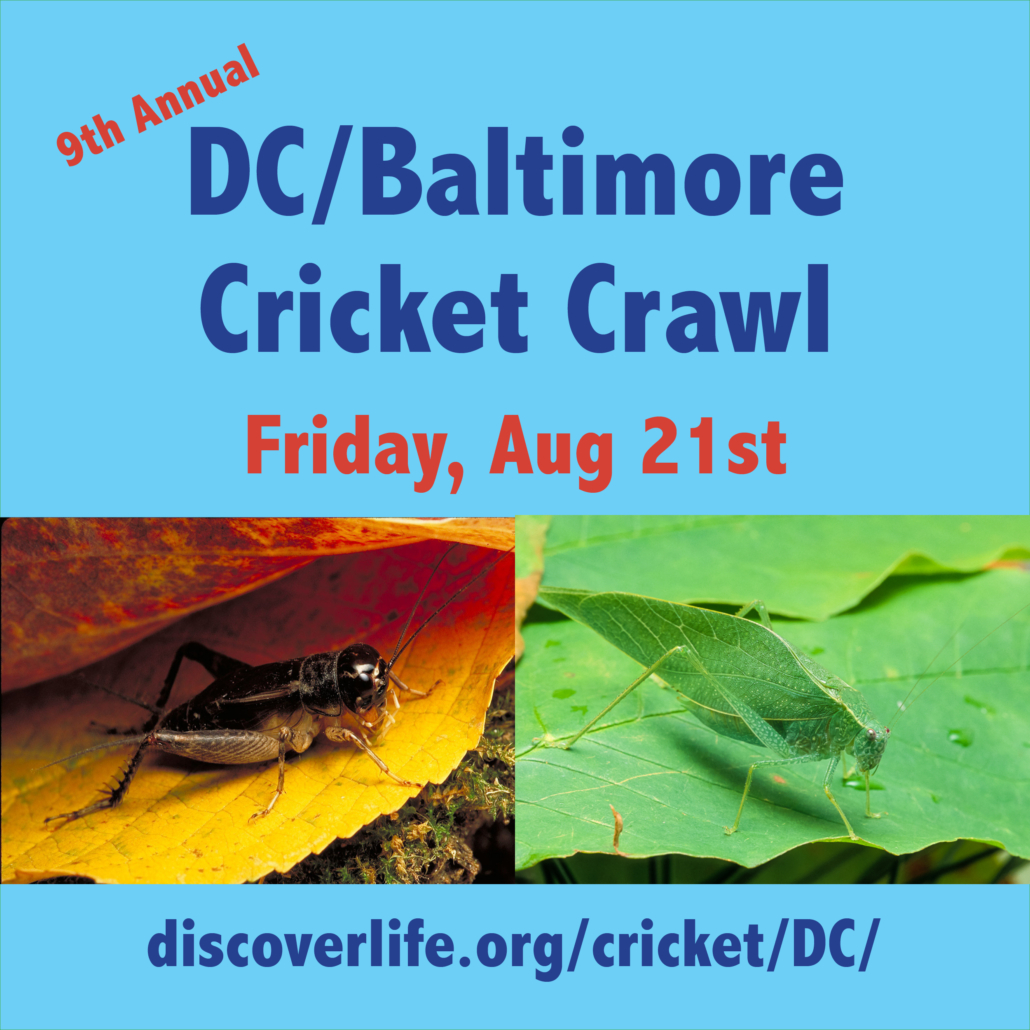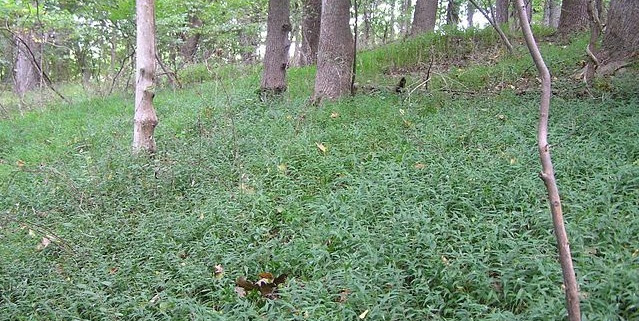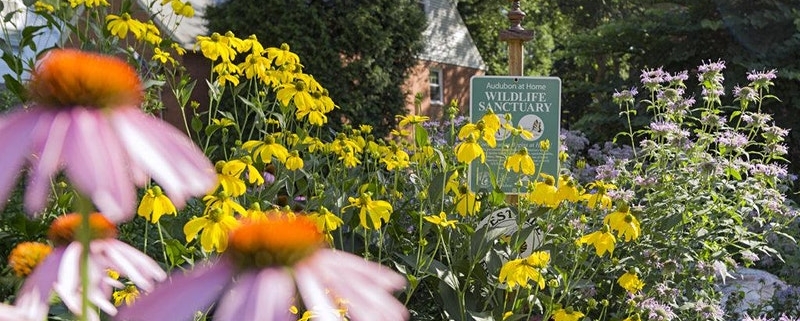Monarch Larva Monitoring Project Training, August 29
August 29, 2020
11:00 am – 5:00 pm
Some of our VMN chapters already participate in the Monarch Larva Monitoring Project, a large-scale citizen science study of monarchs during the breeding season. This is a project that can be done outdoors on-your-own or in small groups and even on your own property (if you have sufficient milkweed plants.)
This online training will give you the background you need on monarch biology, the monitoring protocols, and the data entry procedures in order to participate in the MLMP in the future. The training will also be relevant for people already participating in the MLMP. If, after the training, you want to participate in the MLMP, please work with your chapter to make sure it is an approved project.
This training is being coordinated by the Monarch Larva Monitoring Project and Monarch Joint Venture, so please visit their web page for the event for more information and registration. Note that the registration deadline is August 19 if you choose to receive print materials in the mail (which is not required.)
Starting the MLMP was part of my graduate research back in the 1990s, so I’m always excited to get Virginia Master Naturalist volunteers involved in the project and to help if I can. There’s a lot more to learn about monarchs in Virginia, so we can use some more data points!
Michelle Prysby
VMN Program Director



